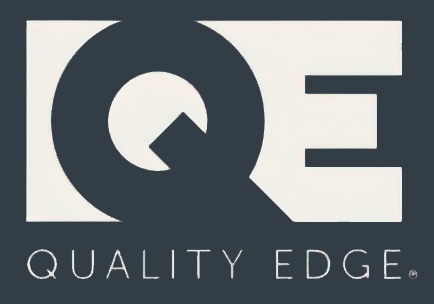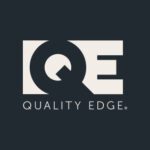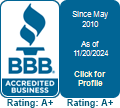David Nour argues that “relationships are the greatest off balance sheet asset any organization possesses, large or small, public or private”.
While many professionals talk about relationships in fuzzy terms, the popular speaker and author of Relationship Economics suggests that relationships have a quantifiable value and should be actively managed.
“Three thousand years of history,” says Nour, “Shows us that people prioritize work for people they know, like and trust. We all hold ourselves more accountable to the people who reward us for our contributions to their desired outcomes. I’m not referring to mere financial rewards, but the more motivating knowledge that we are invested in each others’ success.”
Thus, the stronger the relationships between employees – and between your employees and your customers – the stronger your business will be.
Nour says that companies should regularly ask employees about the strength of their relationships and should help them learn to deepen their most important relationships.
He suggests that “companies who fail to regularly and rigorously assess the health of their employees’ strategic relationships are missing a crucial lens for understanding and improving organizational health”.
In a 2015 article on employee relationships, Nour offers three examples of what a management team should want to know about each employee. He says you should assess the degree to which questions like these are true:
- I have relationships inside and outside the organization that allow me to get things done.
- I have a formal or informal community where I can identify, capture, document, internalize, apply and analyze best practices.
- My strategic relationships inside the organization are helping me grow personally and professionally.
Your goal is not to discipline or critique employees, but rather to learn from success and to share it among your team. For example, once you identify employees who maintain the strongest relationships, you can then enlist them in teaching their peers to behave in a similar manner.
The difference between Nour’s approach and what most companies do is that you treat relationships as a hugely valuable asset to be tracked and managed, and then you proactively work to increase this value. Instead of treating relationships as a given, you invest time and money in growing your asset.
To learn more about his approach, visit the Nour Group website and explore the power of what Nour has done to combine the soft science of relationship management with the hard science of economics. Understanding how the two work together can benefit any individual in any company. No matter your job or focus, the power of your relationships will largely determine your success in the years ahead.






